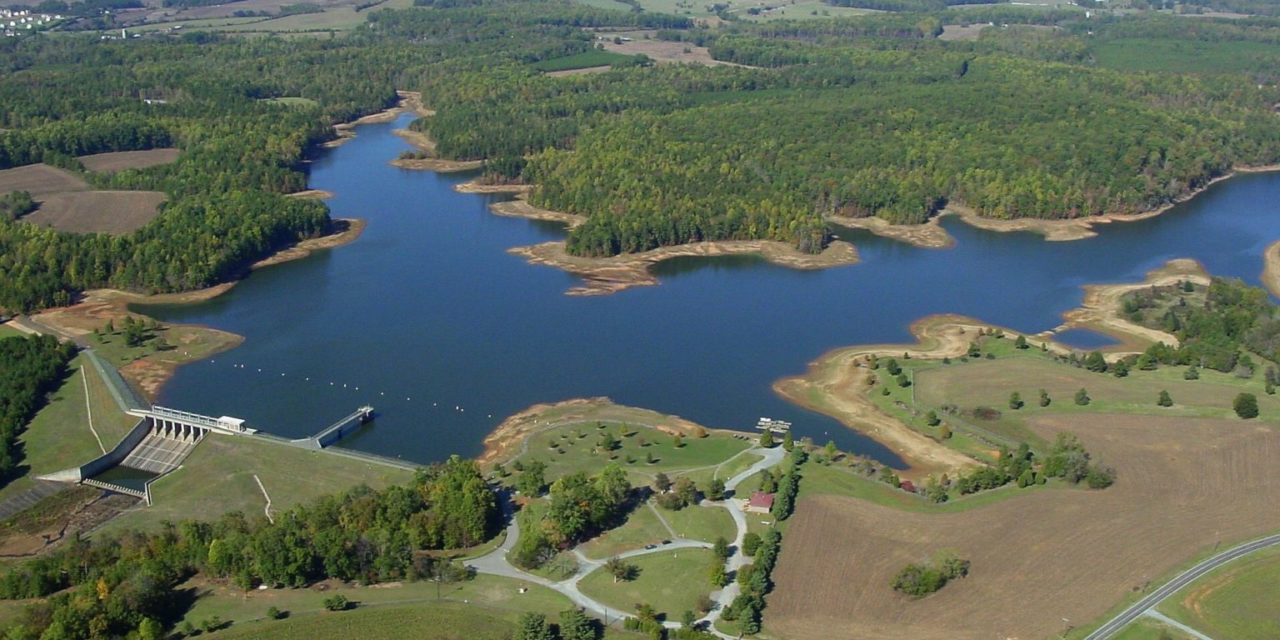
Waste Pollution Near Freshwater Habitats
A perspective from Will Riggs
Did you know that 40% of the U.S. lakes are not safe to swim in? Water pollution in local lakes is a very serious problem that’s affecting wildlife on land and water species. The potential of harm coming to animals in Chapel Hill and the Jordan Lake area has been increased by pollution in our rivers and streams. All of our waste in our town of Chapel Hill goes directly to Jordan Lake, so if pollutants are thrown in the sewer drains or flushed down the toilet, then that can cause serious health issues to any organism that comes in contact with it. If you’ve ever done an environmental cleanup before, then you have seen the small beaches and woods around rivers, streams, and lakes covered in trash and plastic recyclables. You’ve also probably realized that the only possible outcomes are that we as a society do not know enough to properly dispose of our waste, or that we don’t care what happens to the environments where we dump it. My main goal of this piece is to alert you about the danger we are exposing to our ecosystem here in Chapel Hill and push you towards places where you can educate yourself on this topic.
If you haven’t done anything to help fix this overwhelming problem, oftentimes a sense of guilt appears. However, everyone doing the small things to help would help mitigate the damage. I’ve gone through phases where I’ve accepted that this issue is insurmountable and that we as a community should just give up. As a kid I used to use the storm drain as a trash bin, not knowing the negative ramifications that would occur in the Jordan Lake ecosystem from my actions. However, through my school, I have done multiple environmental cleanups where I’ve got to experience the amount of pollution in Jordan Lake, Bolin Creek, Little Creek, and Booker Creek. Just because you haven’t done anything to fix the issue or you have negatively impacted the issue, does not mean you don’t care about it. There is always time to make new decisions to help positively affect our environment.
This issue at a major level could disrupt ecosystems and the food cycle/chain, which could result in a lack of resources for animals, like vegetation and other organisms. Chemical materials such as drain cleaning products, hairspray, bleach, antifreeze, oil, etc. are all common chemicals and hazardous waste I’ve found while cleaning up in the Chapel Hill and Jordan Lake areas. If any of those chemicals were to somehow get into the water, then the water ecosystems would also be greatly harmed. Once the trash washes up on the shore and into the woods, any animal could digest the leftover contents of any of those items, it would result in death. By dumping trash into our freshwater habitats, we’re slowly killing animals and harming our vegetation.
Some of the ways I would suggest combating this issue would be to properly dispose of your waste like trash, recycling, composting, or driving over to the Orange County Waste and Recycling Center to properly dispose of hazardous waste. Another way to help would be to volunteer a small amount of your time to help clean up the damage already exposed to the community.
(featured image via OWASA)
Chapelboro.com does not charge subscription fees. You can support local journalism and our mission to serve the community. Contribute today – every single dollar matters.


